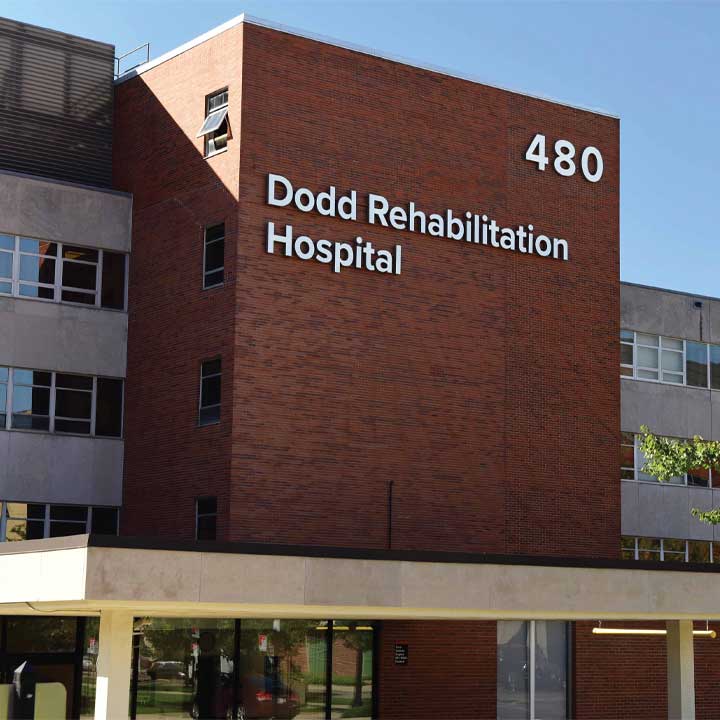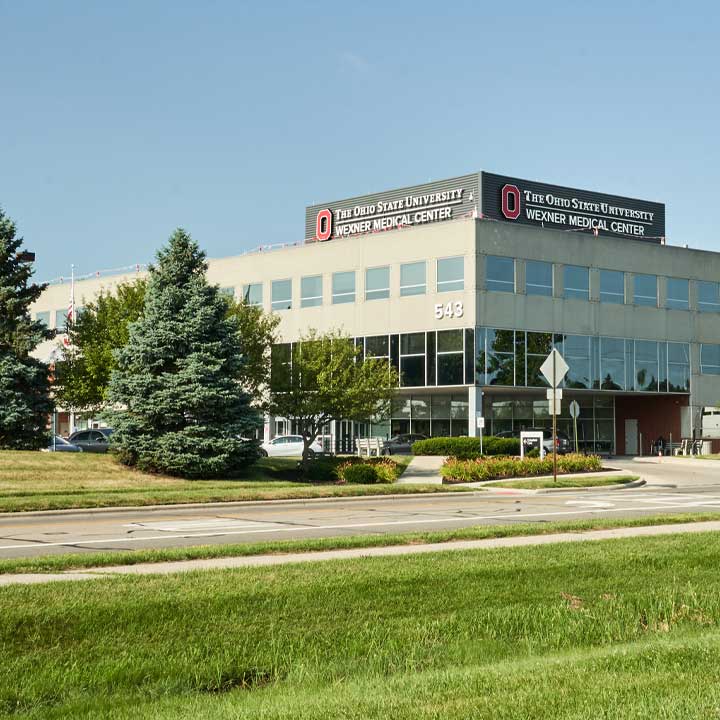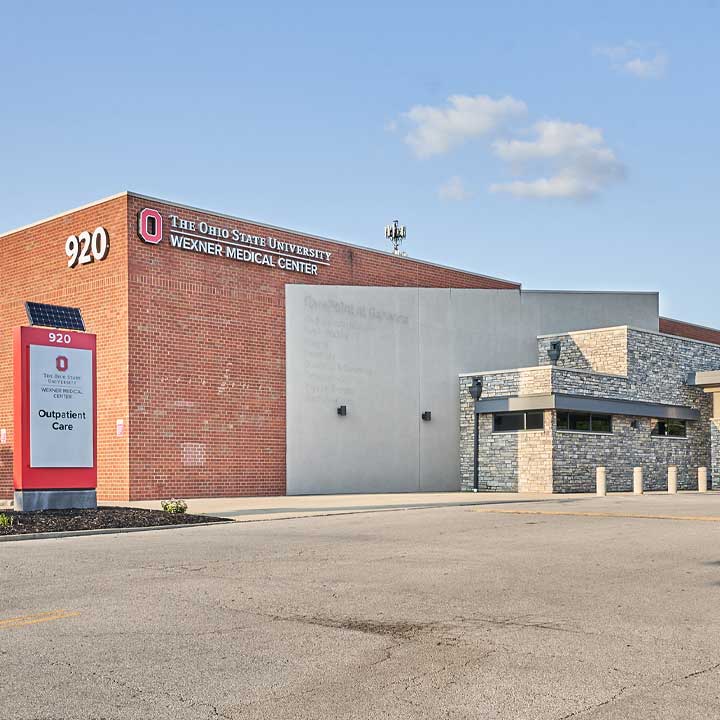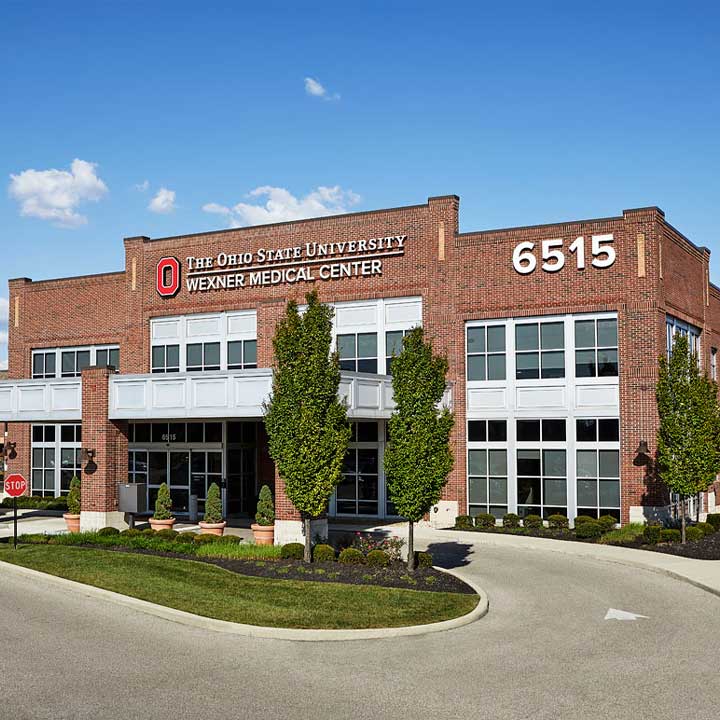The Metabolic Bone Rehabilitation Program focuses on helping patients with conditions, such as:
Oho State’s expert team offers innovative therapies and treatments for those with osteoporosis and other bone diseases. Here’s why patients choose Ohio State’s Metabolic Bone Disease and Rehabilitation Program:
Personalized Care: At Ohio State, we are internationally recognized for more than 40 years of expert treatment and research in osteoporosis. We bring this level of experience and expertise to every patient. Each patient receives a personal evaluation that helps create an individualized care plan to meet your needs and lead you toward your health goals.
Unique Services: We offer our patients state-of-the-art bone mass imaging. Our physical therapists specialize in osteoporosis and unique therapies designed for our patients with extremely fragile bones. We have a Specialty Intervention Program for our patients who continue to have bone fractures despite conventional treatment.
Accredited Programs: We are proud that our Inpatient Rehabilitation Programs at Dodd Hall and our Outpatient Medical Rehabilitation Programs are accredited by the Commission on Accreditation of Rehabilitation Facilities (CARF). CARF recognized our programs as meeting the highest standards in quality, safety and outcome measures, which provide risk-reduction and accountability in our patient care.
Nation’s Best: Ohio State’s rehabilitation program consistently ranks among the best in the nation. As an academic medical center, Ohio State offers comprehensive medical expertise, the most advanced technologies and treatment techniques and innovative care backed by research knowledge.




